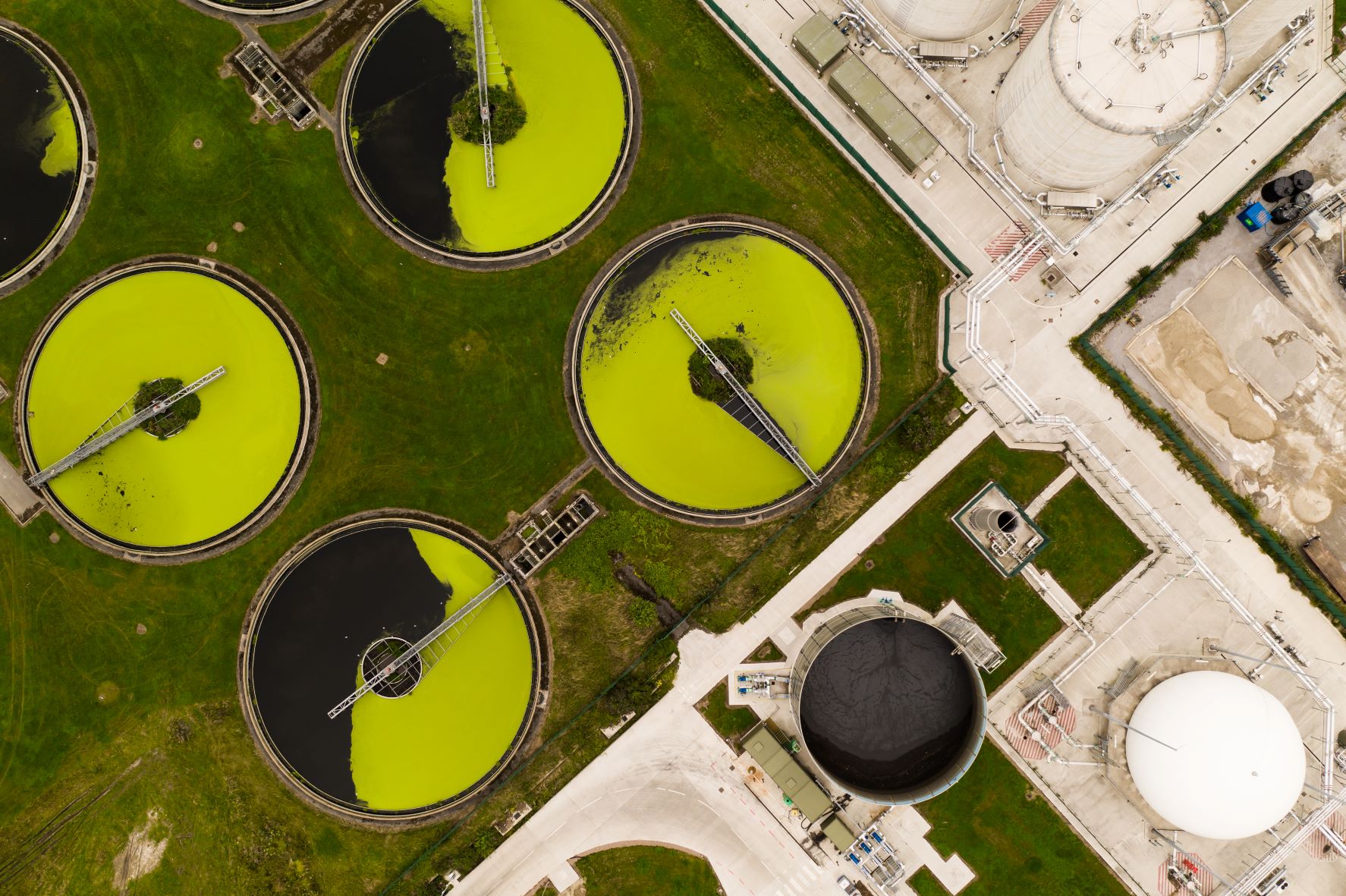London-based startup Wase has developed a method to treat even the most difficult waste, allowing it to manage wastewater, food waste, and agricultural waste to produce electricity and recover water and energy.
A new process to treat the most “difficult” waste
Wase is a London-based startup that aims to eliminate the impact of food and water waste thanks to a decentralised solution, pending two patents.
Wase works with food and drinks manufacturers including Hepworth, Hobsons, and Forest Road Breweries to transform food and water waste into renewable energy, clean water for reuse, and agricultural inputs. The food sector produces large quantities of waste that is difficult to treat through anaerobic digestion due to its fat content, low pH, and high concentration of antibiotics. Wase has developed an electro-methanogenic process that accelerated the decomposition of waste, producing hydrogen and methane. Clients can implement a plug-and-play solution in their facilities.
Wase systems for industries and agriculture
Wase systems are said to have improved stability, speed, efficiency, and energy recovery compared with anaerobic digestion – which the company had initially focused on – and include three solutions: saniWase, decentralised wastewater and faecal sludge treatment systems; industriWase, circular waste treatment solutions for food and drinks manufacturers; and agriWase, advanced on-site treatment for agricultural waste.
In the words of CEO Thomas Fudge, “we are transforming sanitation and wastewater treatment services, moving from an economically draining model to one that generates income from the energy and fertilisers we can create”.
The company, founded in 2017, currently has operational systems in the United Kingdom and Kenya and plans to expand to other European countries in the coming years. Software for continuous monitoring of the system is also currently under development.

Website
wase.co.uk https://wase.co.uk
Sector
Energy from waste
Pros
Technology that produces energy while recovering water and nutrients
Features
Systems for the treatment of wastewater, food waste, and agricultural waste
Image: Envato Elements



